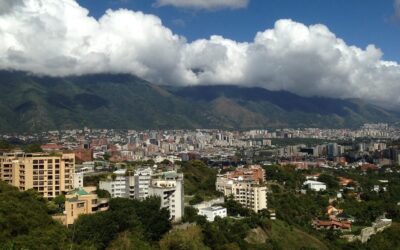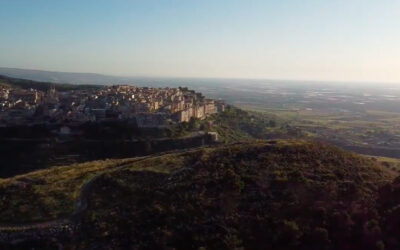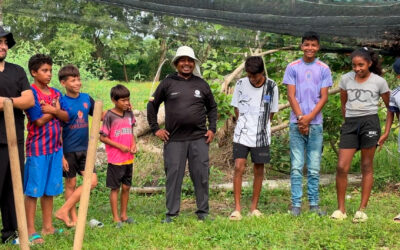Loving first, selflessly, always, immediately and joyfully. This is an opportunity to incarnate the Art of Loving in our lives. It is from there that – as if drawn to it – fraternal communion springs forth, bringing new life and changing our world. Physiotherapists In the centre where I work, the number of requests decreased because of Covid, and many hours of the day were empty as a result. I obtained permission to help in a department of infected people. Other colleagues later followed my example. One day, one of them confided to us that his way of serving had never been so humane and engaging. “Only now have I realized what a gesture of solidarity means, a caress, even if you have gloves on. I feel like I’ve discovered a more human dimension to my work. I would like my children to do this service, because it is a real school of life.” (H., Czech Republic) Staying close When Pope Francis speaks of “closeness”, it seems to undo all the rules we have made for ourselves to live a certain way. For him, it’s all about the other person and our capacity to welcome them. I was talking about this once in the office. One of my colleagues was contrary to the idea, since according to her it is precisely this no-rules attitude that is ruining the Church. I listened to her, astonished and discouraged by how certain she was in condemning the pope, despite being an intelligent woman and, in her own way, a practicing Catholic. Since that day I avoided the subject, and whenever she would attack me with some article about the pope, I would try to deflect the conversation. The day before yesterday, on the phone, she told me that she couldn’t come to work because of problems with her anorexic daughter. As soon as I could, I went over. In fact, the girl’s life was at risk. My wife is a psychologist and, using various tricks, managed to spend time with her. Now the daughter is better, and she is often at our house. My colleague wrote me a message. “Now I understand what the pope means by the word ‘closeness’.” (C., France) I’ll go My elementary school teacher told us about a soldier, perhaps in the Alps, who was a bit exceptional: he would do any job, even the most unrewarding, saying to his superiors, “Vago mi” (I’ll go). This went on until “Vago mi” (as he was now nicknamed) never came back, killed in action. That death, the end of a life lived with altruism, struck my imagination as a child. I wished I could have been like him. In short, “Vago mi” became my model of someone who spends his life for others. And this was many years before I came across the one who gave his life for us and meaning to mine. (Joseph, Italy)
Edited by Lorenzo Russo
From “Il Vangelo del Giorno,” Città Nuova, year VII, n. 4, July–August 2021).




0 Comments